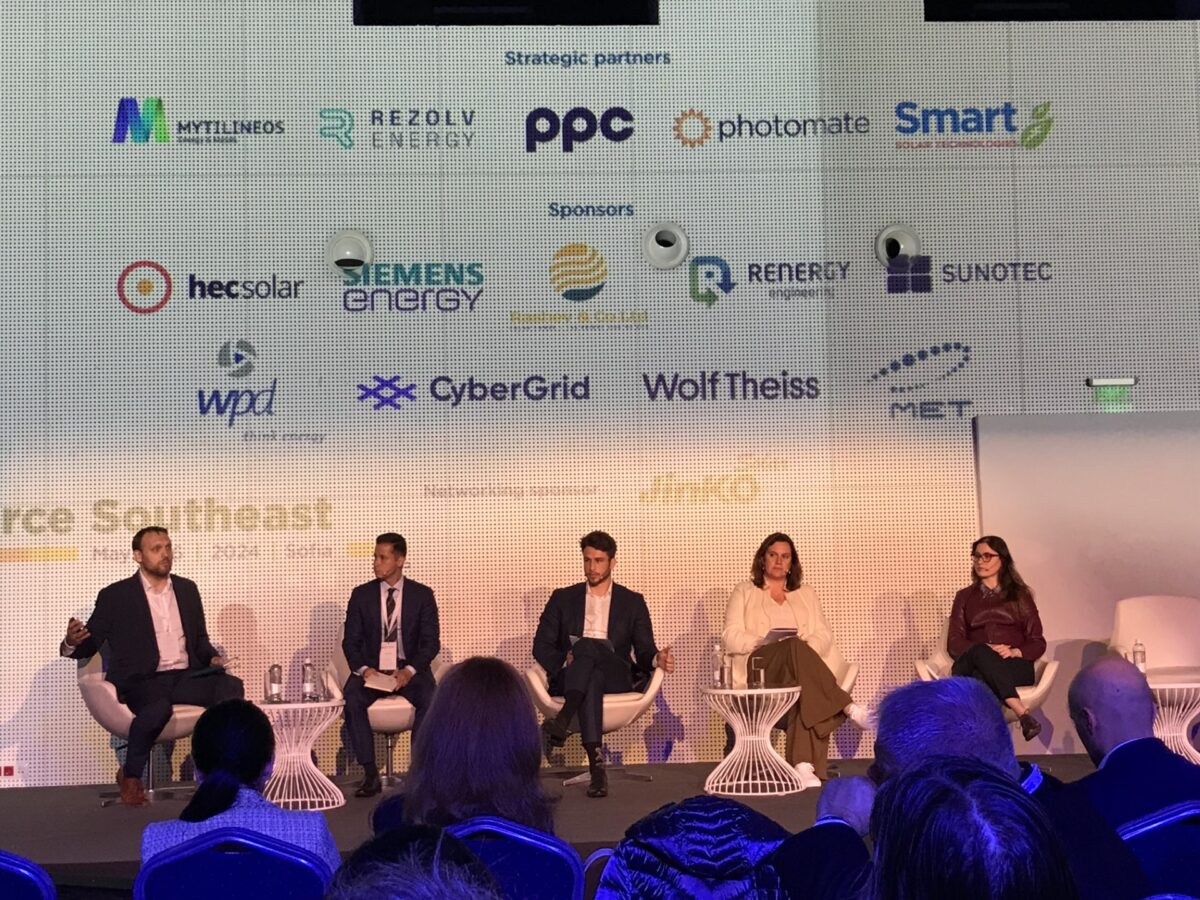SolarPower Europe Director for Business Development Daniel Dang said this week at the RE-Source Southeast Conference in Sofia that there were a record number of renewable energy projects in Europe last year, amounting to more than 10 GW of capacity under corporate PPAs. Spain and Germany are taking the lead in this segment of the market, but the United Kingdom and France are also getting strong on this front. Projects are growing in number and in terms of innovation and maturity, added Dang.
There are now multiple-buyer PPAs, or PPA contracts with energy storage and power generation, he said, noting that the European Union’s recently approved new electricity market design prioritizes corporate PPAs. One example of how the new European electricity market design fosters corporate PPAs is by allowing projects that combine remuneration support via contracts for difference (CfD) and PPAs, argued Dang.
However, a key problem for the corporate PPA segment is the regular appearance of negative or very low energy prices in the continent’s power markets, noted several conference speakers.
The region needs to stop thinking of the energy markets as if they are casinos, argued Dimitar Bartov, managing director of Sofia-based utility Synergon Energy. The past few years have been a rollercoaster, he said. The pandemic sent power prices downwards, while Russia’s war in Ukraine caused power prices to skyrocket. However, developers and utilities need to meet with clients and discuss this issue, as well as their clients' electricity profiles, he added.
Nevertheless, Southeastern Europe does not have many large or multinational corporations that will sign 10-year PPAs. Developers often need to offer shorter PPAs for mid-size companies, added Bartov.
However, Kamaryt said that there are so many different PPAs in the region that are driven by legislative differences between countries.
There is no a single solution to this volatility, said Dang. Both investors and policymakers need to systematically think about the volatility issue.
This content is protected by copyright and may not be reused. If you want to cooperate with us and would like to reuse some of our content, please contact: editors@pv-magazine.com.



By submitting this form you agree to pv magazine using your data for the purposes of publishing your comment.
Your personal data will only be disclosed or otherwise transmitted to third parties for the purposes of spam filtering or if this is necessary for technical maintenance of the website. Any other transfer to third parties will not take place unless this is justified on the basis of applicable data protection regulations or if pv magazine is legally obliged to do so.
You may revoke this consent at any time with effect for the future, in which case your personal data will be deleted immediately. Otherwise, your data will be deleted if pv magazine has processed your request or the purpose of data storage is fulfilled.
Further information on data privacy can be found in our Data Protection Policy.